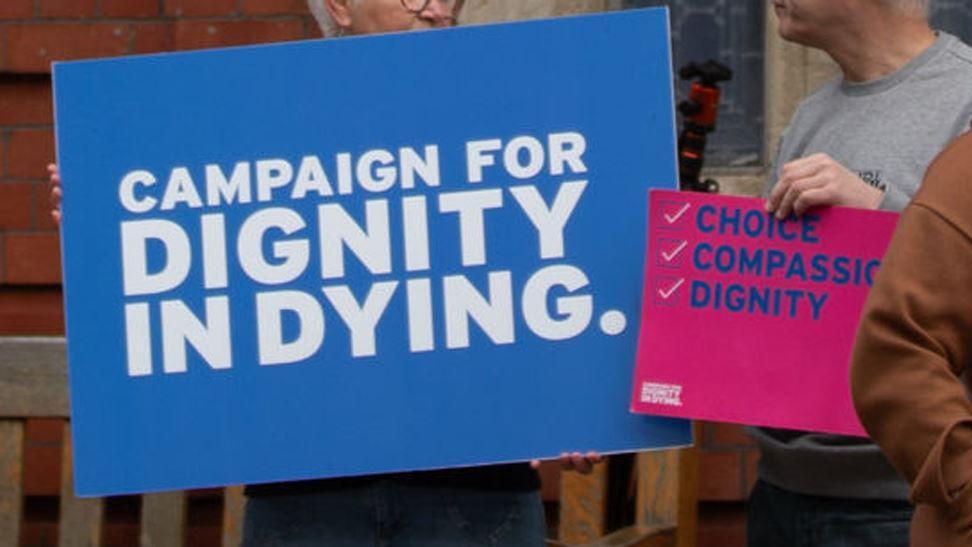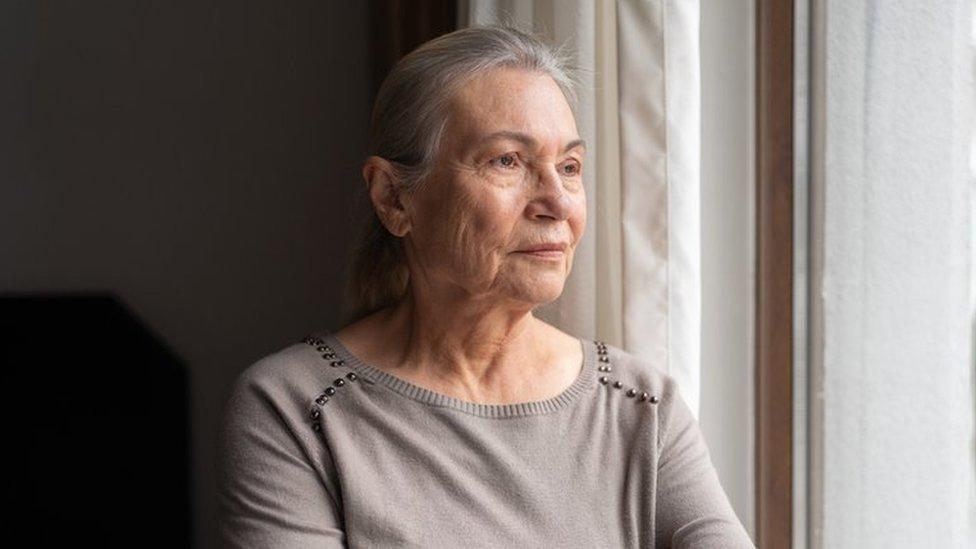Assisted dying 'helping people in pain' - rabbi
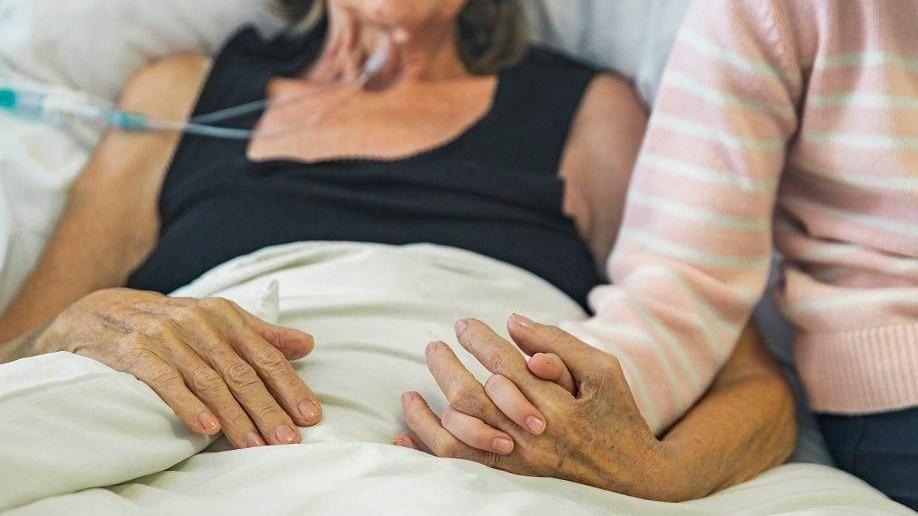
Dr Jonathan Romain said there was "nothing holy about agony"
- Published
The proposals to legalise assisted dying in England and Wales are about "helping people in pain", a rabbi has told the BBC.
Dr Jonathan Romain is the chair of the Religious Alliance for Dignity in Dying - a group made up of cross-faith religious figures that support a law change.
Dr Romain - who is the former rabbi of Maidenhead Synagogue and now lives in Oxford - said there was "nothing holy about agony".
But critics of the legislation say it is "dangerous", and have called for greater investment in palliative care instead.
"It's precisely because I am religious that I think people who are dying badly and in pain and wanna let go, they should have that right," Dr Romain said.
"We all want a good life, why should we not have a good death?"
He said: "Life is precious, but there's nothing sacred about suffering."
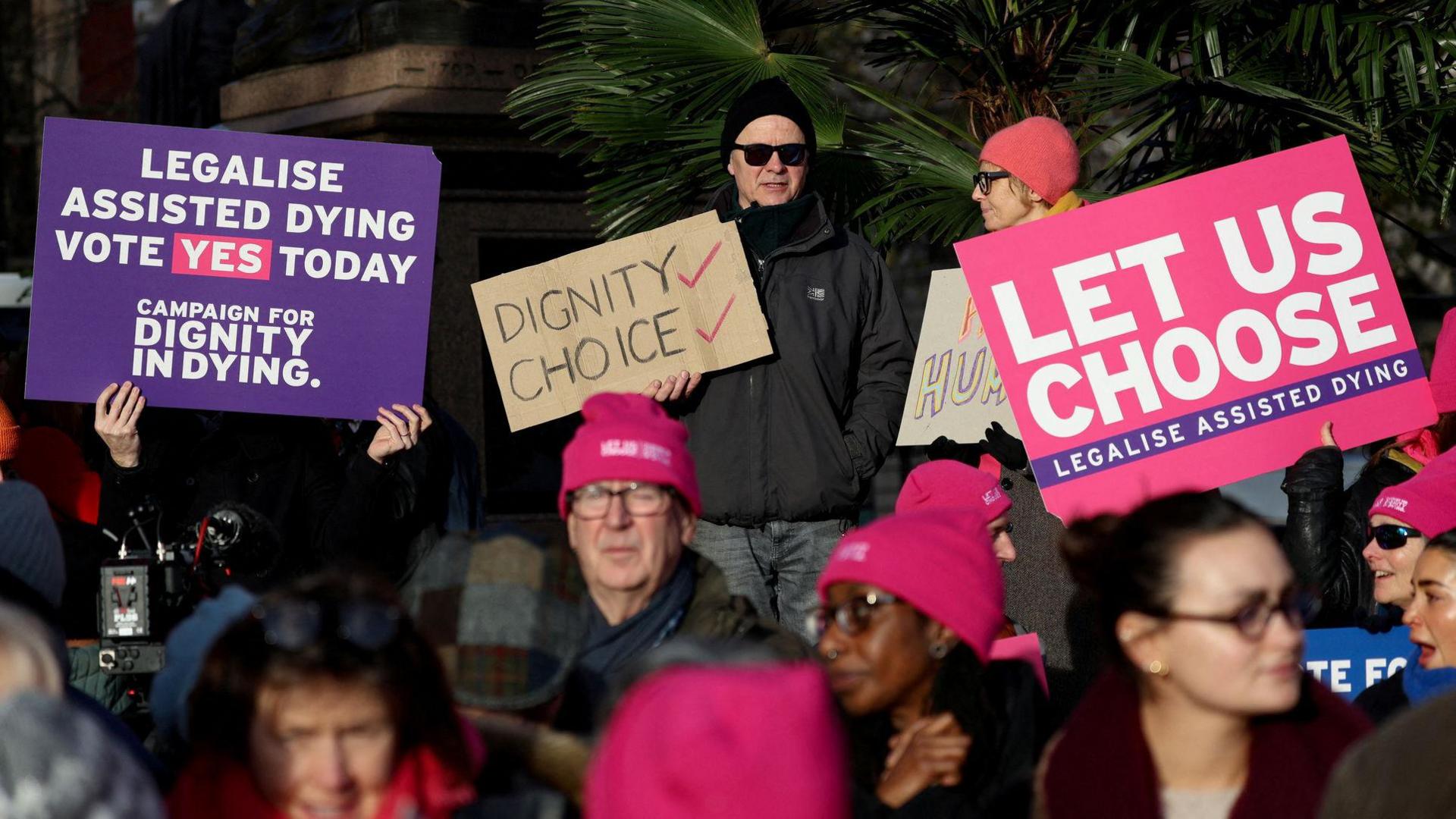
MPs voted in support of a proposal to legalise assisted dying in England and Wales, in November 2024
MPs voted in support of a proposal to legalise assisted dying in November 2024, and it is now undergoing detailed Parliamentary scrutiny and further votes.
Opponents of the bill warn that people could be put under pressure to end their lives and want improvements to palliative care instead.
Religious figures have also spoken out in opposition to the legislation.
The former Archbishop of Canterbury Justin Welby previously called the idea "dangerous" and suggested it would lead to a "slippery slope" where more people would feel compelled to have their life ended medically.
He told the BBC he believed legalising assisted dying "opens the way to it broadening out, such that people who are not in that situation [terminally ill] asking for this, or feeling pressured to ask for it".
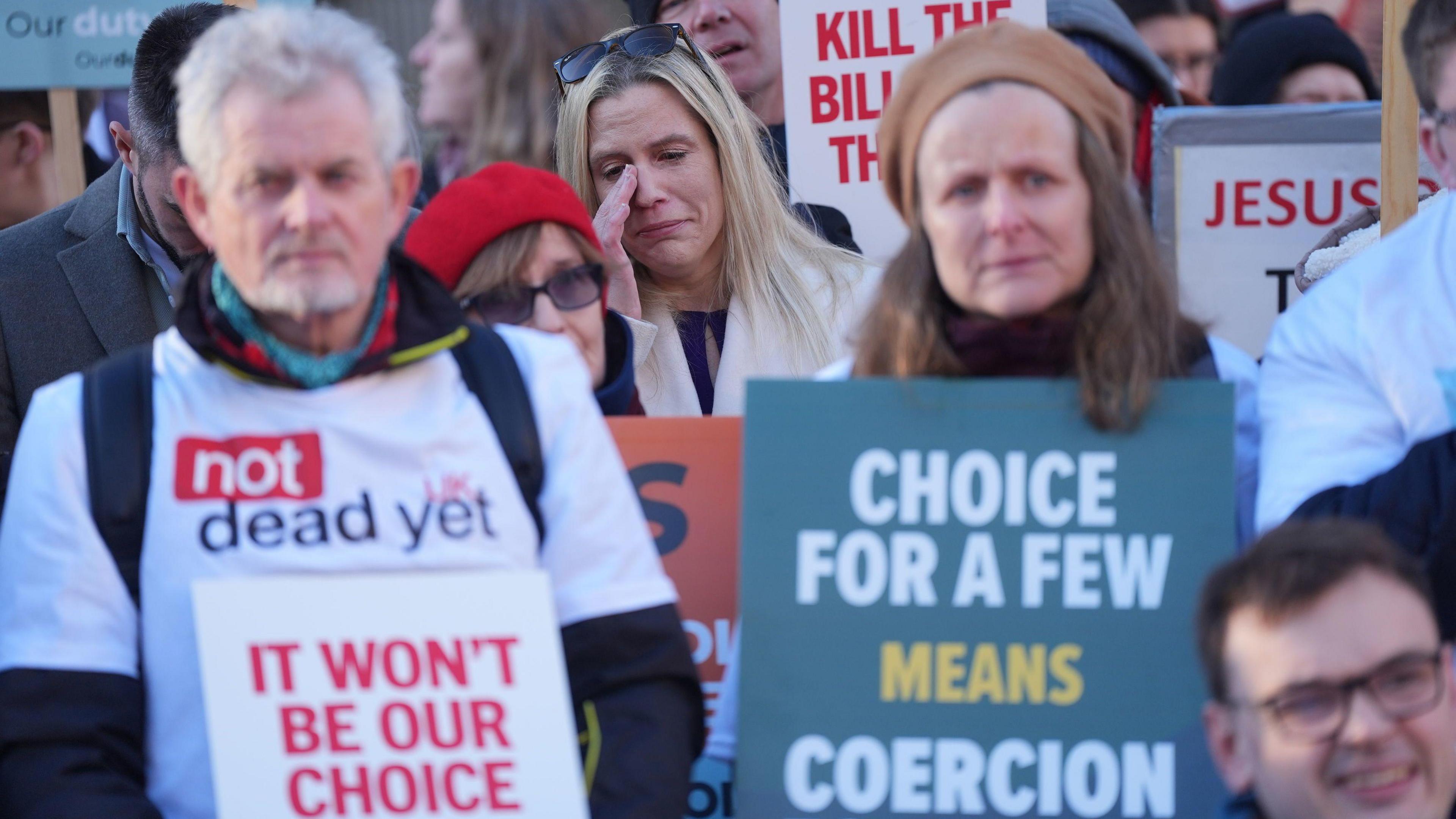
Opponents have raised concerns over coercion
Dr Romain agreed that more investment was needed in end-of-life care, but said: "If people are dying in pain... then why should they not have that right [to end their lives]?"
If the bill were to be passed, it would not become law for at least four years to allow time to set up training and systems for what would be an entirely new service.
"I hope for all the people who are suffering badly, it'll come in time to relieve them of their pain," Dr Romain said.
"That's what it's about, helping people in pain," he added.
Get in touch
Do you have a story BBC Oxfordshire should cover?
You can follow BBC Oxfordshire on Facebook, external, X (Twitter), external, or Instagram, external.
Related topics
- Published29 March
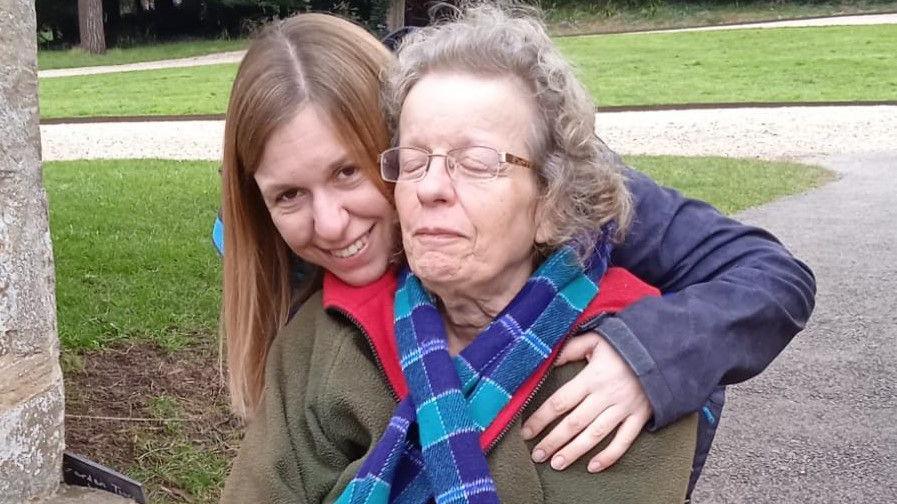
- Published25 March
